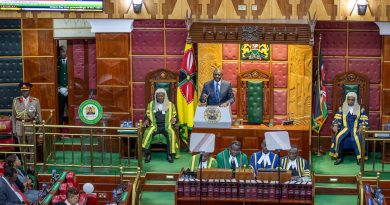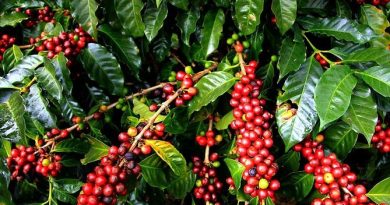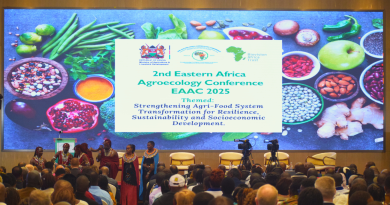Leaders Urged to Back Young Agripreneurs as Africa Food Systems Forum Opens in Dakar
By Chemtai Kirui
Dakar, Senegal — Senegalese President Bassirou Diomaye Diakhar Faye on Monday urged delegates at the Africa Food Systems Forum (AFSF) 2025 to “give young Africans the power to act” by investing in modern, sustainable farming and making agriculture a desirable career.
Speaking at the nineteenth edition of the summit, President Faye called for mobilizing resources to modernize production tools and methods, develop climate-resilient seeds, expand water management and mechanization, and strengthen value chains that keep more of Africa’s food processing within the continent.
“Africa must rely first and foremost on itself,” he said. “We must unite our interests, mobilize our resources, and make the creation of robust food systems the driving force of the African renaissance.”

The five-day summit at the Centre International de Conférences Abdou Diouf (CICAD) in Diamniadio has drawn policymakers, investors, researchers, private-sector leaders, and government officials — including the First Lady Rachel Ruto and Rwanda’s President Paul Kagame, whose country hosted last year’s forum.
The meeting comes as Africa seeks to mobilize USD 100 billion (KES 15.5 trillion) over the next decade under the African Union’s Comprehensive Africa Agriculture Development Programme (CAADP) to close investment gaps in agribusiness that hinder farmers and agri-preneurs from scaling and contributing to food security and economic growth.
“Implementation, not intention, will feed our people,” said Claver Gatete, UN Under-Secretary-General and Executive Secretary of the Economic Commission for Africa, at the opening ceremony.
Gatete said Africa controls 60% of the world’s uncultivated arable land yet spent $115 billion on food imports in 2024.
“Harmonizing standards, cutting tariff and non-tariff barriers, and developing food corridors can link Africa’s farmers to Africa’s markets,” Gatete said. “That will feed the continent, strengthen economies and build resilience against external shocks.”
About 6,000 delegates are attending the forum, representing governments, civil society, and the private sector, participating in plenary sessions, side events, and exhibitions showcasing innovations in machinery, livestock, and digital agriculture.
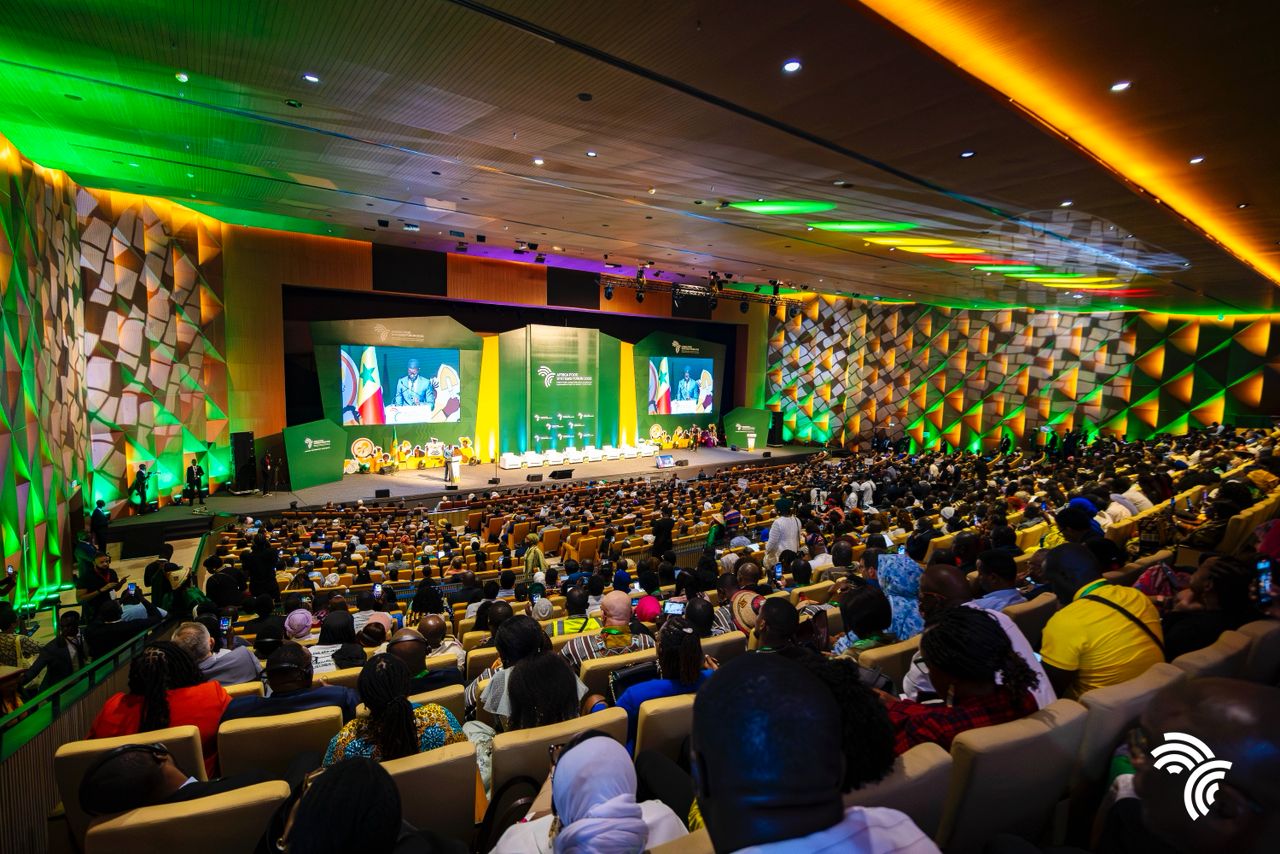
The displays highlight innovations aimed at attracting investment, but observers note a stark contrast: while high-tech solutions dominate, smallholder farmers — the backbone of Africa’s food systems — remain largely absent from the summit, due to high participation costs.
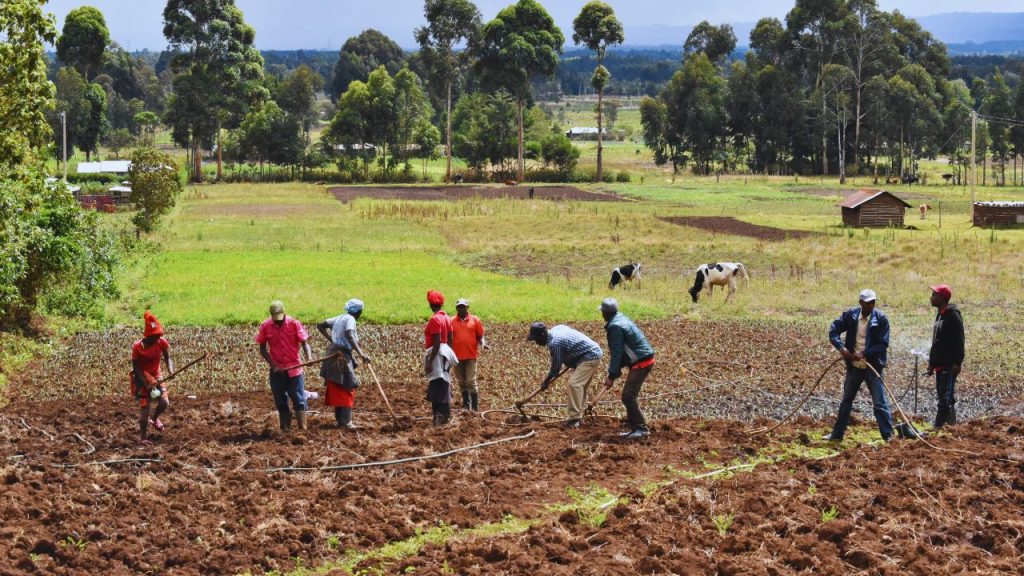
Attendance at the forum required a paid registration of about KSh 50,000, while exhibition booths cost roughly KSh 650,000, effectively preventing many local farmers from participating or gaining visibility.
Andrew Adem, Food Systems Coordinator at the Alliance for Food Sovereignty in Africa (AFSA), a continental coalition promoting food sovereignty and sustainable agriculture, said Africa’s agriculture sector is becoming “more of a conference sector,” where commitments are made but little is implemented.
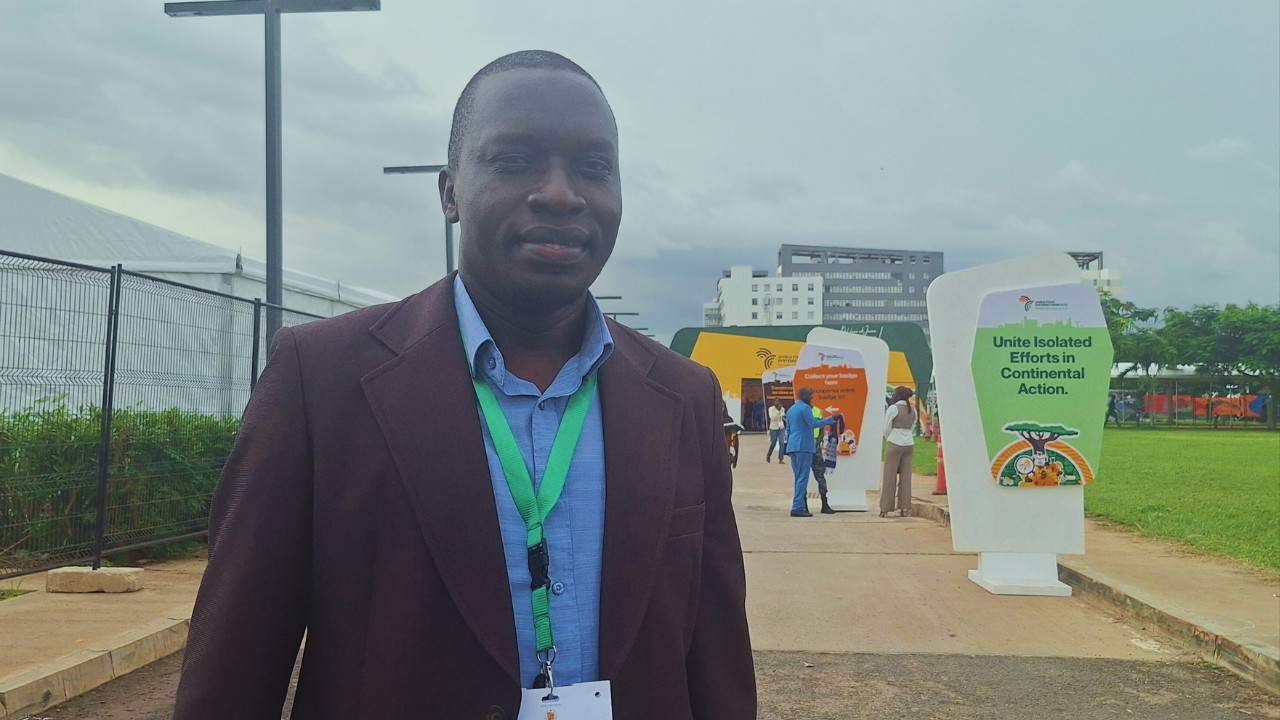
“Most of the food producers are not here, which limits their ability to influence discussions that affect them on the ground,” Adem said. He added that industrial and conventional agriculture, including improved seeds and chemical fertilizers, dominates the conversation rather than approaches closer to smallholder realities.
“Pesticides sold as progress are poisoning Africa’s soils, waters, and people. Agroecology provides real, safe solutions,” he said.
Dr. David Amudavi, Executive Director of Biovision Africa Trust (BvAT), which works to integrate Ecological Organic Agriculture (EOA) into national farming systems across Africa, echoed these concerns.
He said that chemical-intensive practices are degrading the land and urged a shift to bio-inputs that restore soil health, protect the environment and safeguard biodiversity.
“We need policies and investments that accelerate the uptake of bio-inputs, strengthen local seed systems, and create knowledge-sharing platforms, so sustainable farming becomes the norm rather than the exception,” Amudavi said.
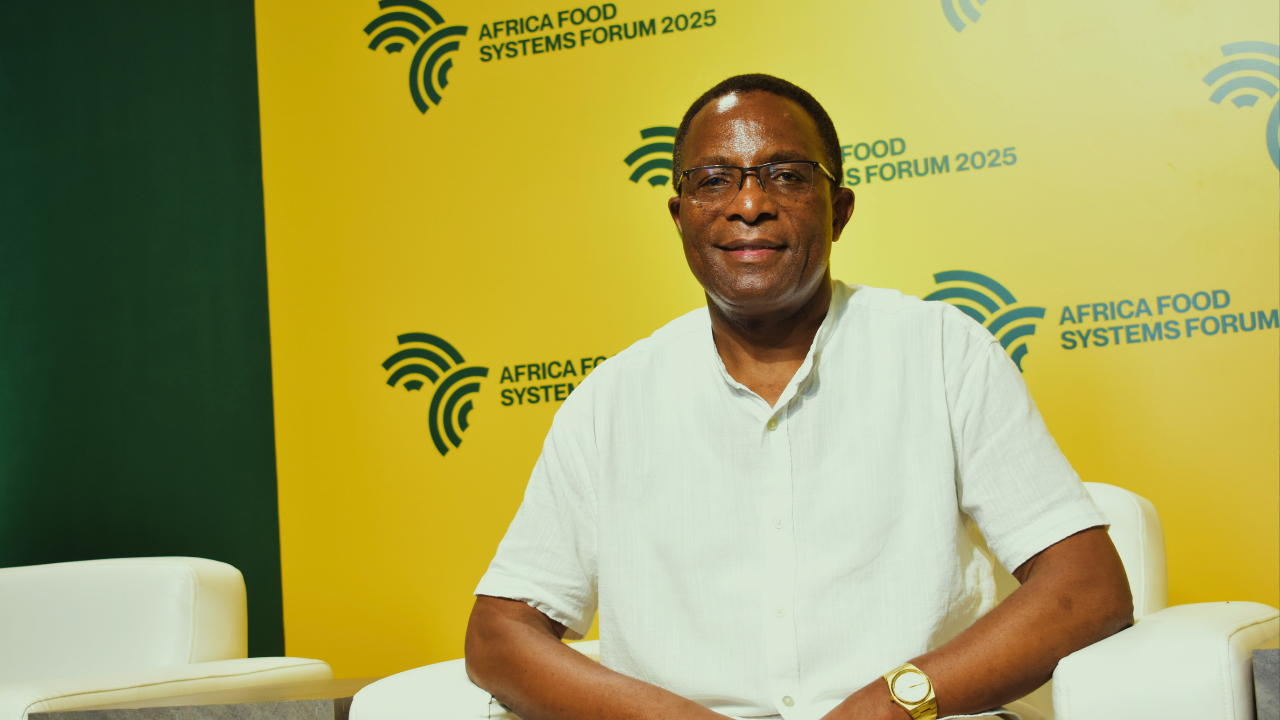
Even as discussions on investment and innovation continue, AFSA officials called for prioritizing local farmers and sustainable practices.
“Dependency is designed, resilience must be claimed,” the pan-African civil society network said. “Public money should fund agroecology — not corporate subsidies for fertilizers and GMOs.”
Delegates will continue deliberations over the next four days, with the forum closing on September 4 and a final day reserved for field excursions.


